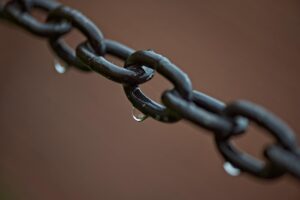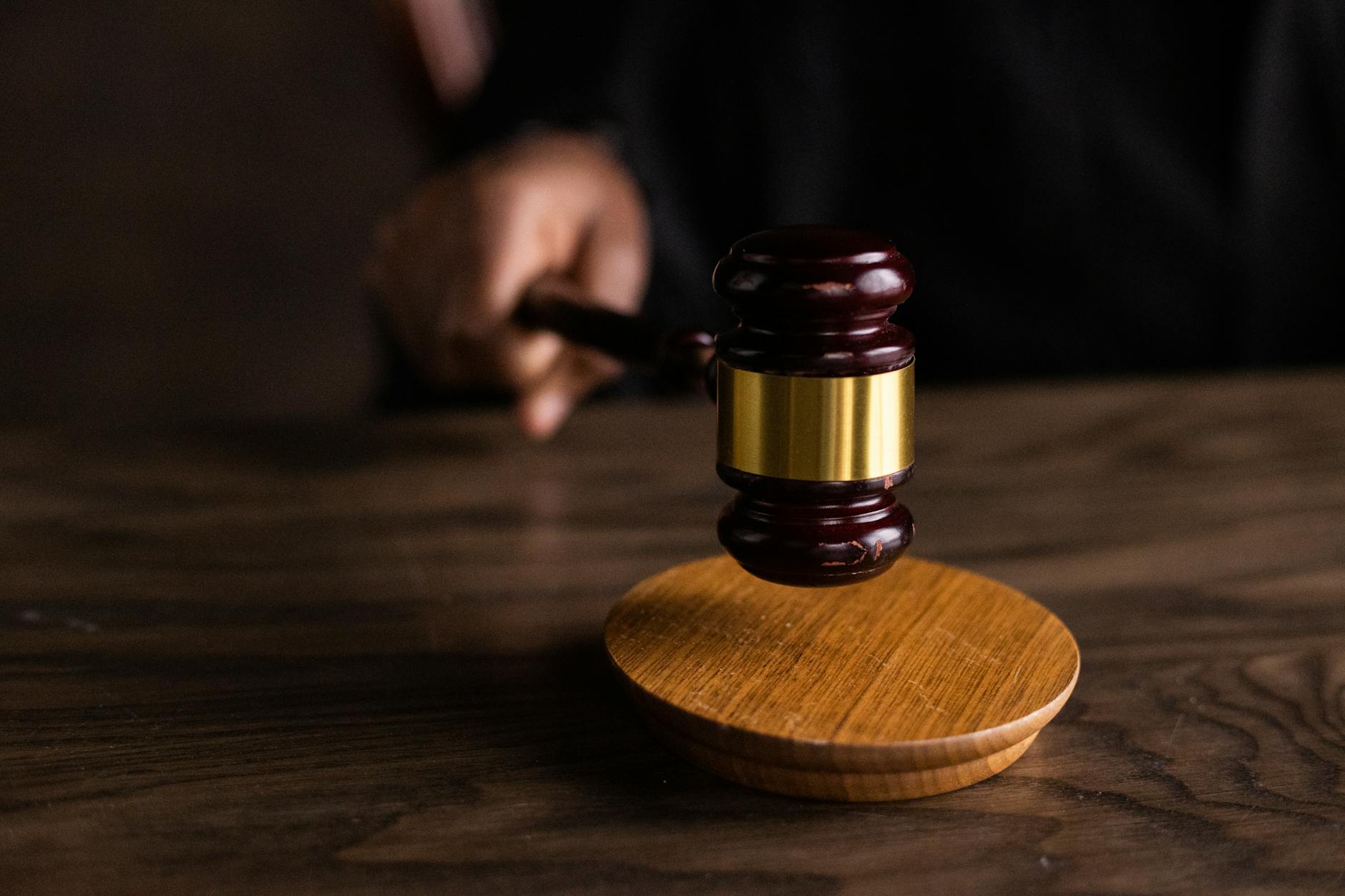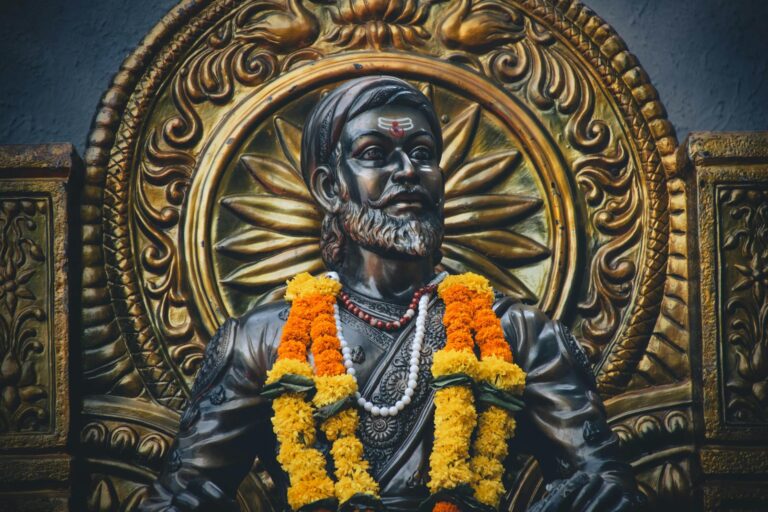Trump Calls It a “Big Win” After Court Backs AP Ban—Here’s What Actually Happened
So, Trump’s at it again. Late Friday, he blasted out a Truth Social post celebrating what he called a “big win” against the AP—turns out, a federal appeals court actually sided with his old administration on banning them from parts of the White House. And yeah, it’s got everyone arguing about press freedom (again). But let’s unpack this mess properly.
What the Court Actually Said
In a 2-1 split decision, the court basically ruled: “Look, the White House isn’t a public park—they can decide who gets backstage access.” The majority leaned hard on “national security concerns,” though—and here’s the kicker—they didn’t really spell out what those were. Classic move, right?
Now, the ban doesn’t stop AP from reporting altogether. But good luck getting those up-close shots of the Resolute Desk when your reporters are stuck outside with the tourists.
The Dissent Nailed It, Though
One judge went full scorched-earth in the minority opinion. Their point? This sets a scary precedent where future presidents can just blacklist any outlet that pisses them off. And honestly, they’re not wrong. Imagine if Biden had tried this with Fox News—conservatives would’ve lost their minds.
Trump’s Weird “Gulf of America” Obsession
Here’s where it gets bizarre. In his victory lap post, Trump dragged up some old beef about AP reporting on—wait for it—the “Gulf of America.” Nobody’s entirely sure what he meant. Best guess? Either:
- A total slip-up (wouldn’t be his first)
- Or some weird rebranding attempt for the Gulf of Mexico? Who knows.
But that’s Trump for you—half the time, even his supporters are like, “Wait, what’s he on about now?”
This Isn’t His First Press Feud
Remember when he revoked Jim Acosta’s pass? Or called everything “fake news”? Guy’s been at war with journalists since day one. His base eats it up, claiming he’s fighting media bias. Critics? They see it as straight-up authoritarian playbook stuff.
How the AP Might Fight Back
As of now, AP’s playing it cool—no fiery statement yet. But here’s the thing: they’ve got options. They could:
- Appeal to the full circuit court (though that’s a long shot)
- Take it to SCOTUS (but with this court? Good luck)
- Or just work around it—leak culture in D.C. isn’t going anywhere
Press freedom groups are already sounding alarms. One RSF spokesperson put it bluntly: “This is how democracies slide toward darkness—one ‘reasonable restriction’ at a time.” Dramatic? Maybe. But they’re not entirely wrong.
The Bigger Picture Nobody’s Talking About
Let me put it this way: Obama got heat for using too many official photos instead of letting press photographers in. But banning entire outlets? That’s next-level. And here’s what keeps legal folks up at night—once this door’s open, good luck closing it when the other side takes power.
What Normal People Are Saying
Twitter’s doing its usual split-screen thing:
- #TrumpWinsAgain trending with memes of crying journalists
- #PressFreedomUnderFire with comparisons to Putin’s Russia (a bit much, but you get the sentiment)
Politicians? Shocking nobody, it’s party lines all the way. GOP calls it “accountability for biased media.” Dems are screaming about constitutional crises. The usual.
Why This Matters More Than You Think
Look, I’m no legal expert. But here’s my take: the White House press corps isn’t just about getting cute photos of the First Dog. It’s about having eyes on power—real, unfiltered access to question decisions that affect millions. Start carving out exceptions, and suddenly you’re relying on sanitized statements and staged videos.
Think about it like this: remember the Pentagon Papers? Watergate? None of that happens if reporters are kept at arm’s length by “security concerns.”
What Happens Now?
Short term? AP journalists drink bad coffee outside the gates while their competitors get the inside scoop. Long term? Depends how many future administrations decide they like this playbook. My gut says we’ll see more of this—the genie’s out of the bottle.
One thing’s certain: between this and the whole “fake news” era, the relationship between presidents and the press will never be the same. And that—whatever your politics—should worry you.












